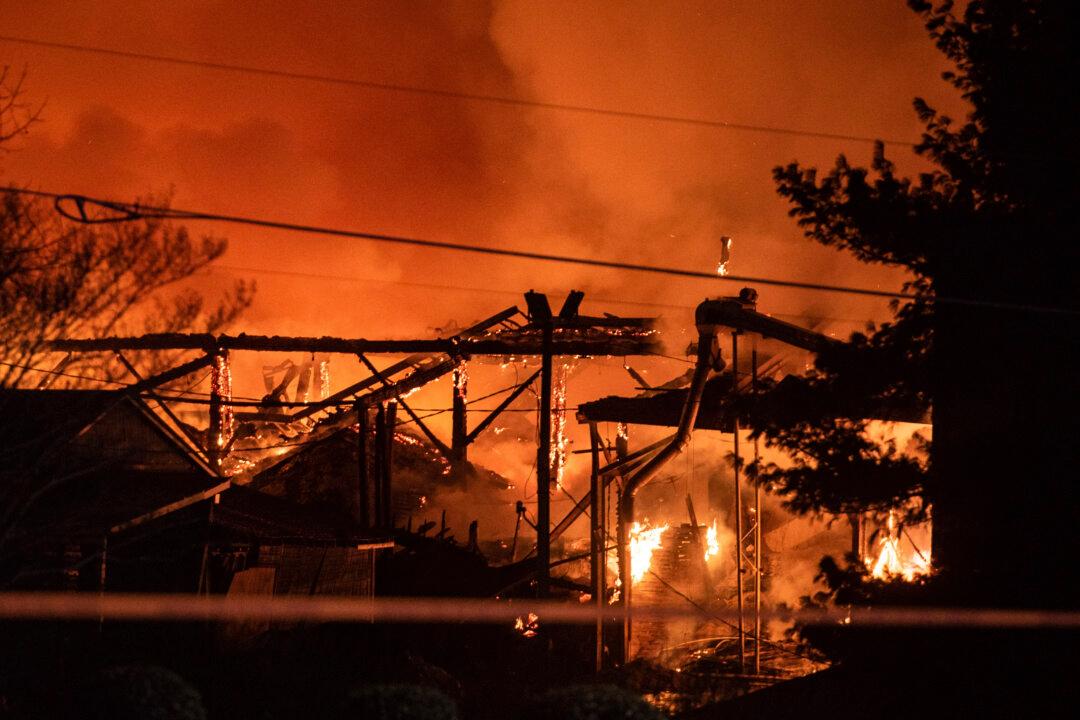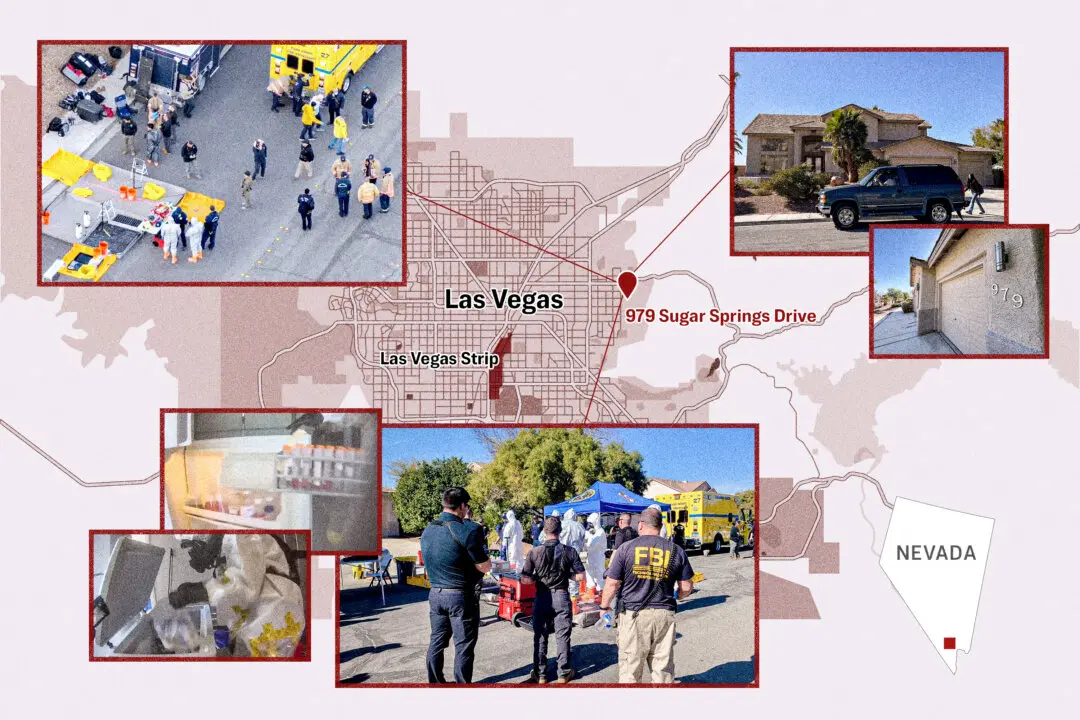Wisconsin River Meats was just weeks from moving into a new addition to its building when a massive construction fire broke out on Feb. 3, destroying the old part of the facility.
Company owner David Mauer said the Mauston-based company “lost everything” related to production in the fire, and more than 20 people lost their jobs.





